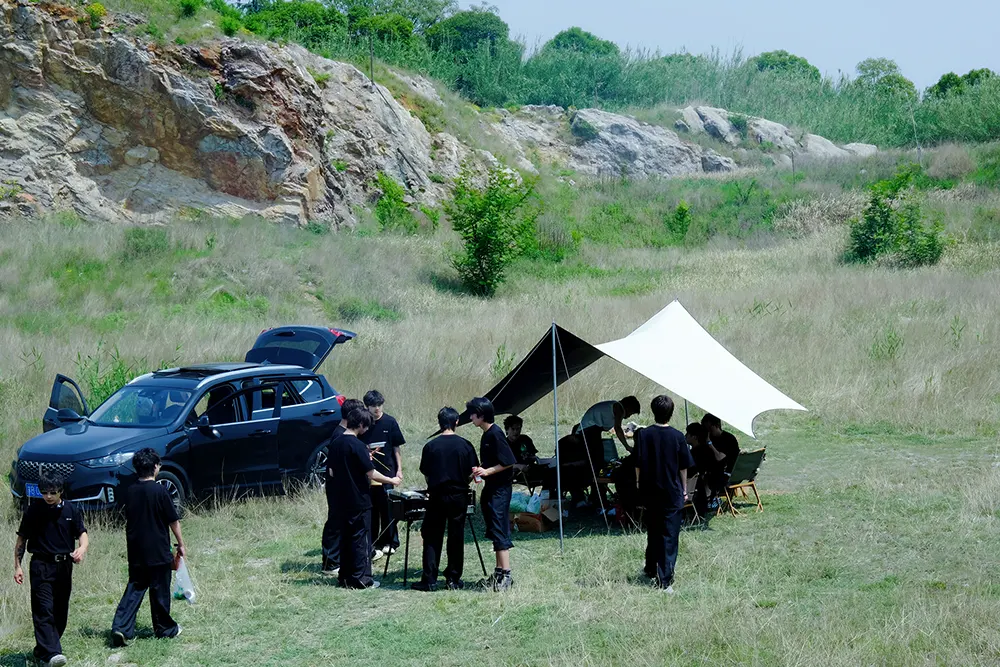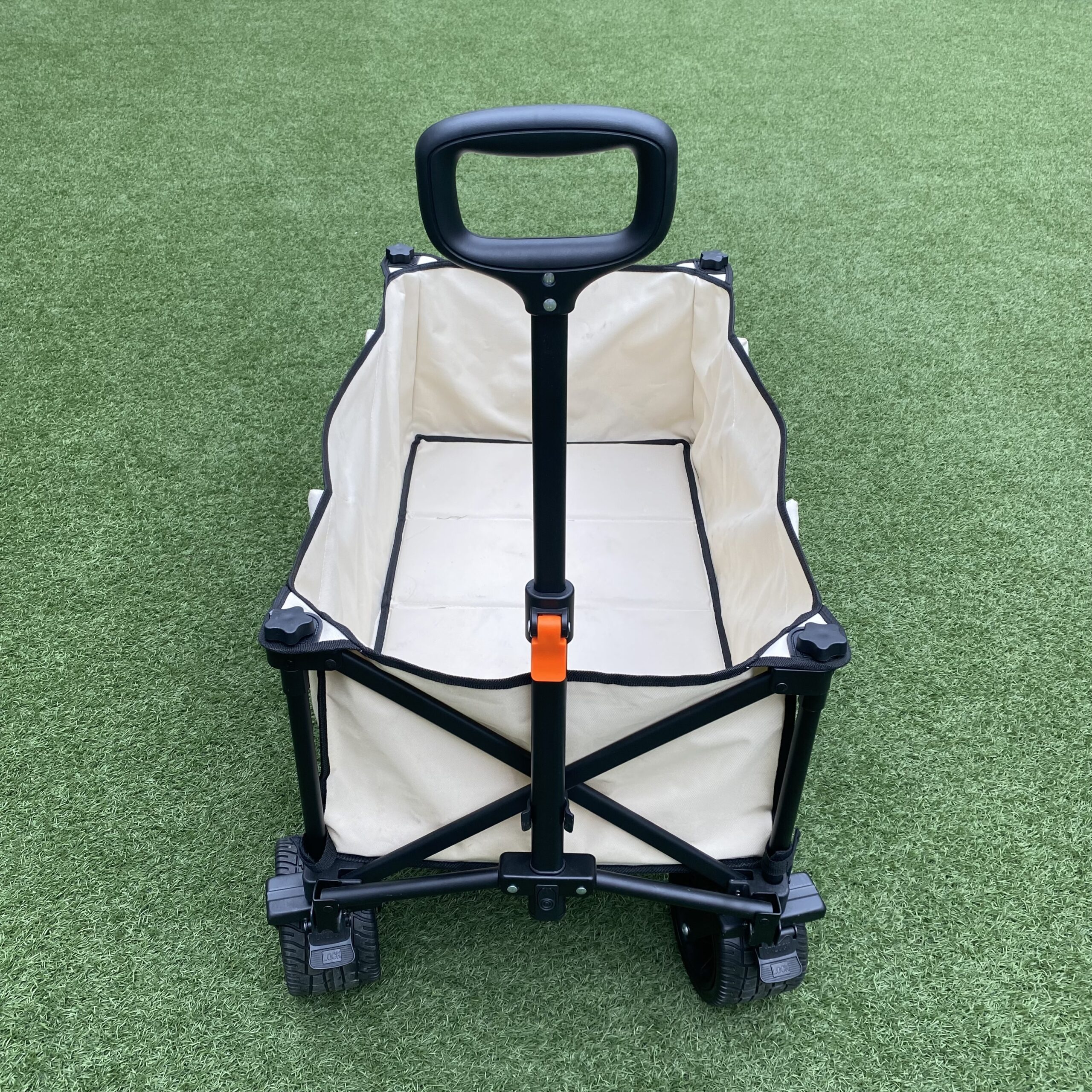The guide for organizing a camping trip
1. Define the Purpose and Scale of the Event
– Objective: Clearly define the purpose of the event, such as enhancing team cooperation or getting closer to nature.
– Scale: Determine the number of participants, which will influence the choice of location and preparation of supplies.
2. Choose the Right Location
– Select an appropriate campsite based on the scale and objectives of the event. Consider factors such as accessibility, facility availability (e.g., clean water sources, toilets), and safety.
– Check if advance booking or permits are required.
3. Schedule the Event
– Consider seasonal changes and weather conditions when choosing a suitable date.
– Ensure that all participants can attend during the selected period.
4. Prepare Essential Supplies
– Personal Gear: Tents, sleeping bags, sleeping pads, headlamps/flashlights, personal hygiene items, etc.
– Group Gear: Cooking equipment, food, drinking water, first aid kit, maps, compasses, etc.
– Safety Measures: Know the emergency evacuation routes and carry necessary communication tools (such as mobile phones, walkie-talkies).

5. Plan Activities
– Include activities such as hiking, barbecues, bonfire evenings, stargazing, etc.
– Prepare some team-building games or challenges to enhance team cohesion.

6. Set Rules and Precautions
– Emphasize environmental awareness and follow the “Leave No Trace” principles to avoid leaving garbage.
– Pay attention to fire safety and do not make fires in areas where it is prohibited.
– Respect nature and do not disturb wildlife.

7. Send Invitations
– Send out invitations well in advance, detailing the event schedule, items to bring, meeting times and locations, etc.
– Collect information from participants, especially health conditions and emergency contact details.
8. Prepare Contingency Plans
– Prepare solutions for potential issues, such as sudden weather changes or injuries.
– Ensure that at least one organizer has received first aid training.
9. On the Day of the Event
– Confirm that all supplies are in place and that all participants have arrived.
– Conduct a brief safety briefing and event introduction before starting.
– Organize a cleanup after the event to ensure the area remains clean.

By following these steps, you can confidently organize a successful camping trip. Hope every participant has an unforgettable experience!
If you need any further assistance or specific details, feel free to ask!


